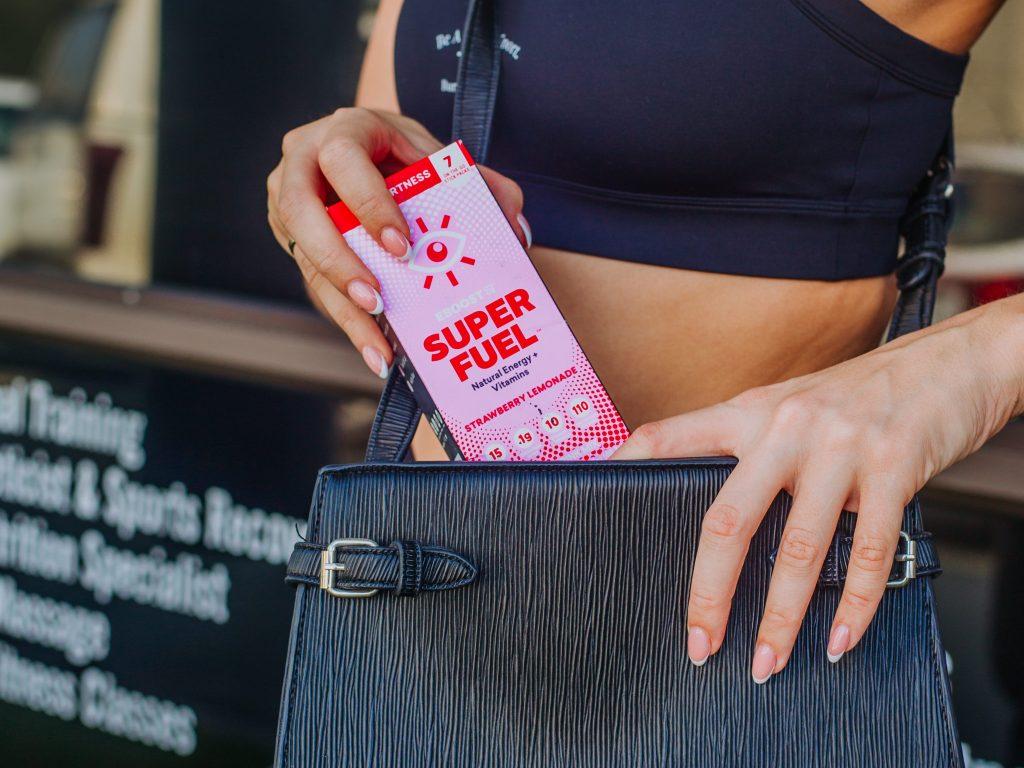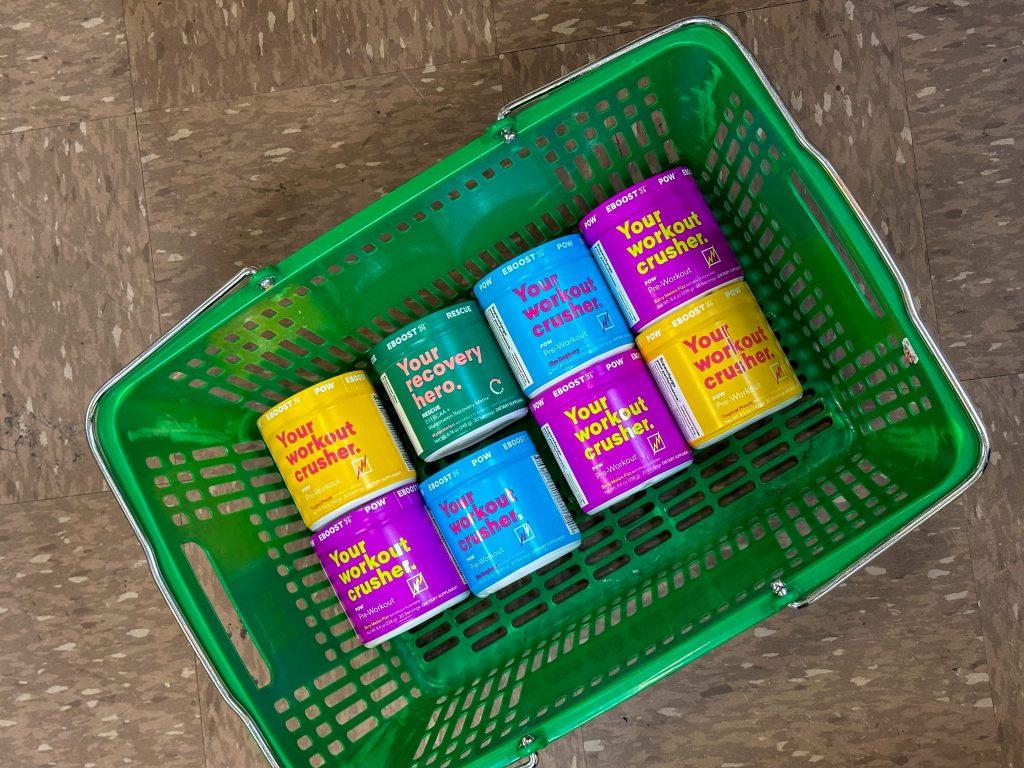Let’s face it, we can all relate to the idea that sometimes we just eat a bit too much. It leaves us feeling guilty, feeling uncomfortably full, and sometimes the need to go workout or restrict ourselves the next day. None of this is fun though, the mental chatter and guilt can consume the rest of your day – no Bueno!
When confronted with a delicious meal, it is so hard to just take the moments to stop. How can you say no to something that tastes so out of this world? Especially, when this can be a nightly or weekly occurrence? It will creep up on us sooner than later, so let’s implement 5 tips that nutritionists shared with Sporteluxe and swear by!
- the physical act of placing the fork back on your plate forces you to slow down, instead of keeping it in hand, which hastens the process of eating
- it allows you time (and is a gentle reminder) to chew your food well. Too many of us bite and chew a few times before swallowing. Nutritionally, we recommend 15-20 chews before swallowing a mouthful.
- it encourages people to engage with their food. Seeing the fork on the plate, looking at their food and what they’re doing with it before picking the fork up again. What happens? We acknowledge what is there. Eating, nourishing and absorbing the nutrients in our food doesn’t just come from chewing and swallowing, it’s also facilitated by smell, touch and visually engaging with our food too.
- Make sure each meal has the right macronutrients to keep you full (e.g. a good-quality protein, a healthy fat, a low GI source of carbohydrates like quinoa, brown rice or sweet potato). I include a full 8-week meal plan in my new program, which can help you ensure you’re eating a complete meal each time, therefore keeping your appetite in check.
- I also feel a lot of people rush the process of eating. It’s something that should be enjoyed. Why rush such a pleasurable experience? If you take more time to eat you may be more in tune with when you actually feel full and it can really help avoid overeating.
#1 Trick from Zoe Bingley-Pullin… The hypothalamus is the main area in the brain responsible for regulating appetite. As soon as the fullness signal kicks in, pack away any leftover food, knowing that in 20-30 minutes, if hunger returns, there is food available. A lot of people are concerned by food waste and feel the need to eat all of the food served to them. Using food as leftovers is a way to cut down on any guilt.
Other handy tips …
- It takes time and practice to start eating in tune with your natural hunger cues. Accept that it is a work in progress.
- If you are used to eating large portions, use a smaller plate at meals and start gradually reducing the size of what you are serving.
- Avoid eating in a stressed and/or emotional state as food can be used to ‘numb’ emotions and this can lead to overeating.
- Balance your meals correctly so you do not arrive at a mealtime starving, which will result in overeating. Specifically, make sure you are including a source of lean protein at each meal including chicken, fish, lean red meat, eggs, legumes, tofu, dairy or nuts/seeds.
What tricks do you swear by to keep yourself from getting too full?






